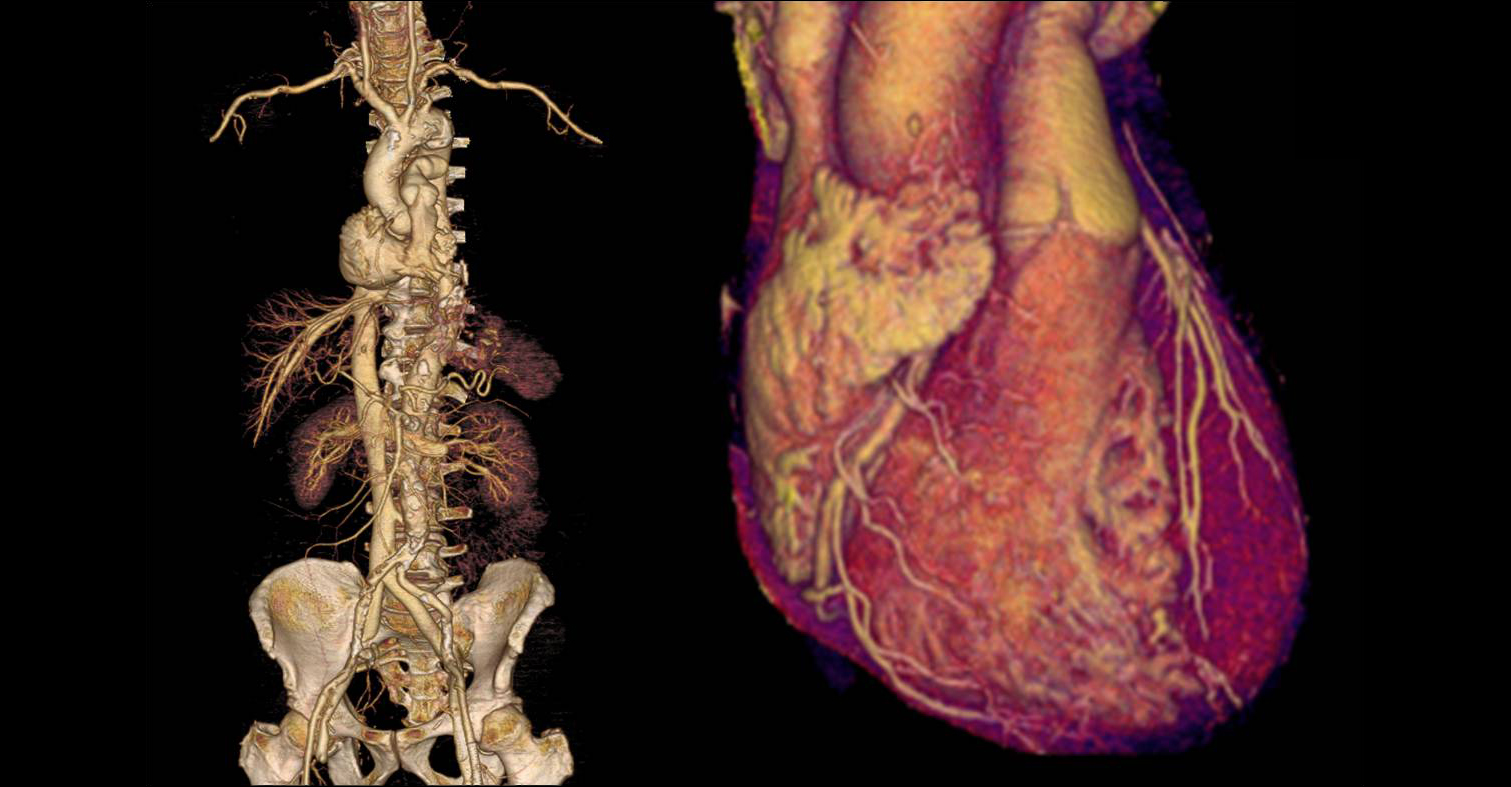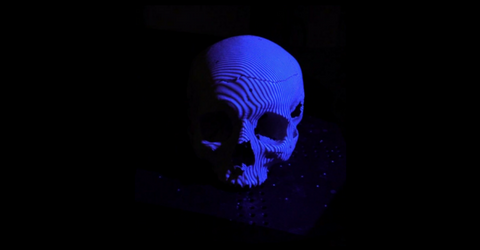


Unit of Forensic Imaging (UIF)
PRESENTATION | SERVICES | RESEARCH & TRAINING | FAQ
FAQ
In which cases are imaging examinations performed?
All bodies arriving at the CURML get a CT scan. The medical examiner then decides on a case-by-case basis if a post-mortem angiography is necessary. Eligible cases for angiography are generally: suspected medical errors or postoperative deaths, homicides/suicides with stab wounds or firearms, traffic accidents, natural deaths of cardiovascular origin, ...
In which cases a surface scan is performed?
At the request of the prosecutor or when the 3D specialist recognizes the interest of a three-dimensional documentation of a lesion from a forensic point of view. For example: traffic accident, homicide, personal injury with shaped lesions...
What are the clinical cases?
These are victims of assault or abuse, for whom the imaging examinations performed at the hospital are re-examined by forensic physicians and radiologists in order to re-read the images with a forensic interpretation (answering specific questions, such as the depth/trajectory of a wound), to detect possible lesions and determine their cause or mechanism.
What is a radiographer?
Radiographer: a specialist in radiological imaging and responsible for the quality of the performed examinations (standard radiography, CT-Scanner or MRI).
How to become forensic radiographer ?
Training as a clinical radiographer is a prerequisite. An interest in forensic science is essential. There is no specific training in forensic radiographer, however an SEMP (Swiss-Exchange Mobility Program) module is offered at the HESAV (Haute Ecole de Santé Vaud).
How do I get an internship at UIF?
International radiographer students, physicians with an interest in forensic imaging, as well as forensic physicians, radiologists or clinical radiographer, may apply for an internship at: melissa.jotterand@chuv.ch.
Please note that internships are unpaid.

